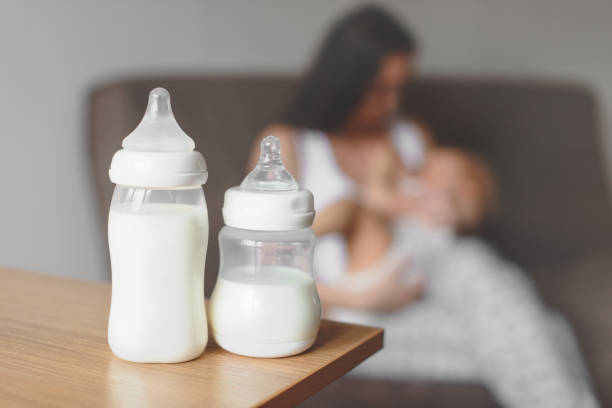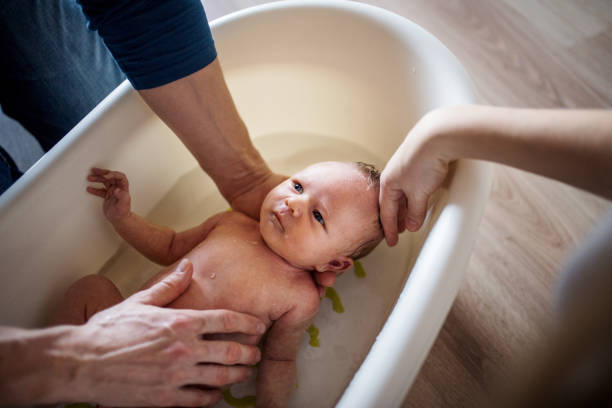Welcoming a new member into the family is an incredible experience, but it comes with a set of responsibilities, especially when it comes to caring for your precious bundle of joy. Whether you're a first-time parent or adding to your growing family, navigating the ins and outs of baby care can be overwhelming. Fear not, for this comprehensive guide will equip you with the essential knowledge and tips to ensure your baby thrives under your loving care.
Understanding Basic Needs
Feeding: Proper nutrition is crucial for your baby's growth and development. Whether you choose breastfeeding or formula feeding, ensure your baby is getting adequate nourishment. Breastfeeding provides essential nutrients and strengthens the bond between mother and baby, while formula feeding offers convenience and flexibility. Feed your baby on demand, watching for hunger cues such as sucking on fists or lip-smacking.

Sleeping: Babies need plenty of sleep to support their rapid growth and development. Establish a bedtime routine to help your baby wind down and signal that it's time to sleep. Create a safe sleep environment by placing your baby on their back on a firm mattress with no loose bedding or toys. Remember to always put your baby to sleep on their back to reduce the risk of Sudden Infant Death Syndrome (SIDS).

Diapering: Diaper changes are a frequent part of caring for a baby. Keep your baby clean and comfortable by changing diapers promptly whenever they are wet or soiled. Use gentle wipes or warm water and cotton balls to clean your baby's bottom, and apply diaper cream to prevent diaper rash.

Ensuring Safety and Comfort
Bathing: Bathe your baby two to three times a week to keep their skin clean. Use lukewarm water and a mild baby soap or cleanser. Support your baby's head and neck during bath time, and never leave them unattended in the water, even for a moment. After the bath, gently pat your baby dry with a soft towel and moisturize their skin with baby lotion.

Dressing: Dress your baby in comfortable clothing appropriate for the weather. Opt for soft, breathable fabrics like cotton, and avoid dressing your baby too warmly to prevent overheating. Dressing in layers allows you to easily adjust your baby's clothing to maintain a comfortable temperature.

Bonding and Interaction: Spend quality time bonding with your baby through cuddling, talking, and playing. Engage in activities that stimulate their senses and promote development, such as reading books with bright colors and different textures, singing songs, and gentle baby massage.

Monitoring Health and Development
Regular Check-ups: Schedule regular visits with your pediatrician to monitor your baby's growth and development. Vaccinations are an essential part of keeping your baby healthy and protected from serious diseases, so ensure they are up to date with their immunizations.

Recognizing Signs of Illness: Familiarize yourself with common signs of illness in babies, such as fever, excessive crying, difficulty breathing, and changes in feeding or sleeping patterns. Trust your instincts and seek medical attention if you're concerned about your baby's health.

Developmental Milestones: Every baby develops at their own pace, but there are certain milestones to watch for, such as smiling, rolling over, sitting up, and babbling. Celebrate your baby's achievements and offer plenty of encouragement and support as they reach each milestone.

Taking Care of Yourself
Remember, caring for a baby can be physically and emotionally demanding, so don't forget to take care of yourself too. Get plenty of rest when you can, eat nutritious meals, and ask for help when you need it. Remember, you're not alone on this journey, and there's a wealth of support available from family, friends, and healthcare professionals.

